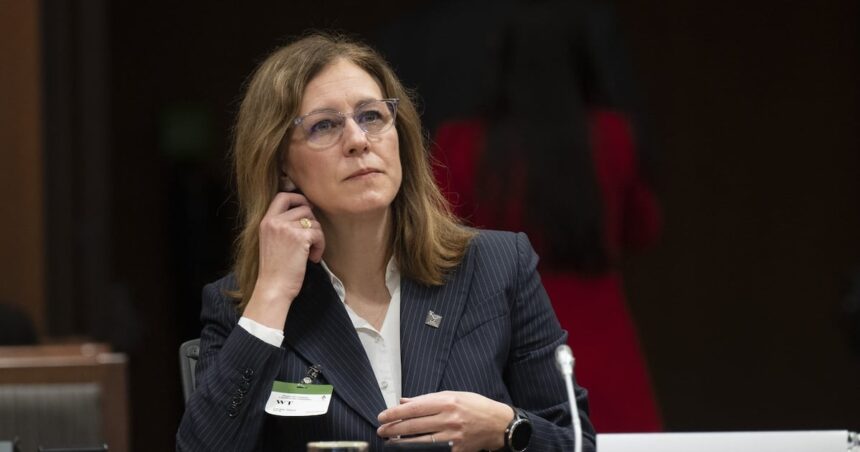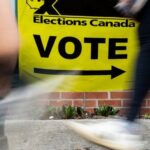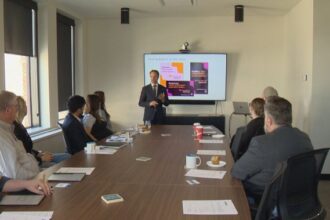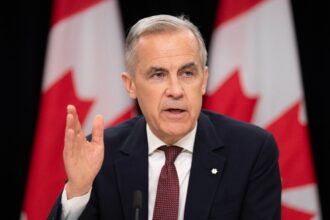In a development that may reassure many Canadians about the integrity of their democratic processes, the commissioner investigating foreign interference has concluded there is no evidence that outside meddling affected the outcome of Canada’s 2025 federal election.
Justice Marie-Josée Hogue, who led the comprehensive inquiry, released her findings today after months of thorough investigation into allegations that had sparked national concern about electoral integrity. Her report decisively states that while interference attempts did occur, they failed to meaningfully impact the final results.
“Foreign actors did attempt to interfere with our democratic processes,” Justice Hogue wrote in her report. “However, the evidence does not support the conclusion that these efforts altered the outcome of the election or significantly undermined Canadians’ ability to make informed choices at the ballot box.”
The commission’s investigation revealed that several foreign entities—primarily linked to China, Russia, and Iran—deployed various tactics including social media disinformation campaigns, targeted influence operations in specific ridings, and attempts to manipulate certain diaspora communities within Canada.
Security intelligence officials testified that these efforts were more sophisticated than those observed in previous elections, reflecting an evolution in foreign interference techniques. However, the robust safeguards implemented by Elections Canada and intelligence agencies successfully mitigated these threats.
Prime Minister [redacted] welcomed the findings while emphasizing the need for continued vigilance. “While this report confirms the resilience of our electoral system, we cannot become complacent,” the Prime Minister stated during a press conference in Ottawa. “The threat of foreign interference remains real and evolving.”
Opposition leaders have called for strengthened legislation and enhanced resources for Canada’s security agencies. Conservative leader [redacted] told reporters that “protecting our democracy requires constant adaptation to emerging threats,” while advocating for a non-partisan approach to electoral security.
The report makes several key recommendations, including the creation of a permanent election integrity office, enhanced transparency requirements for social media platforms operating in Canada, and greater information sharing between intelligence agencies and political parties regarding potential threats.
Experts in national security note that Canada’s experience mirrors what many democratic nations are confronting globally. Professor Margaret Coleman from the University of Toronto’s Munk School of Global Affairs told CO24 that “democracies worldwide are learning that election integrity requires both technological solutions and public awareness campaigns.”
Among the most concerning findings was evidence of targeted influence operations within specific ethnic communities in Canada, particularly in urban ridings across Ontario and British Columbia. These operations often exploited legitimate diaspora concerns while amplifying divisive narratives.
The Public Safety Minister emphasized that many of the report’s recommendations will be implemented before the next electoral cycle. “Protecting our democratic institutions is a non-partisan issue that transcends political differences,” the Minister stated in a written response.
While Canadians can take comfort in knowing their most recent election results were not compromised, Justice Hogue’s report makes clear that foreign interference attempts are likely to continue and evolve. The question now facing our nation is whether we can stay ahead of these evolving threats while maintaining the openness and accessibility that define our democratic system.


















